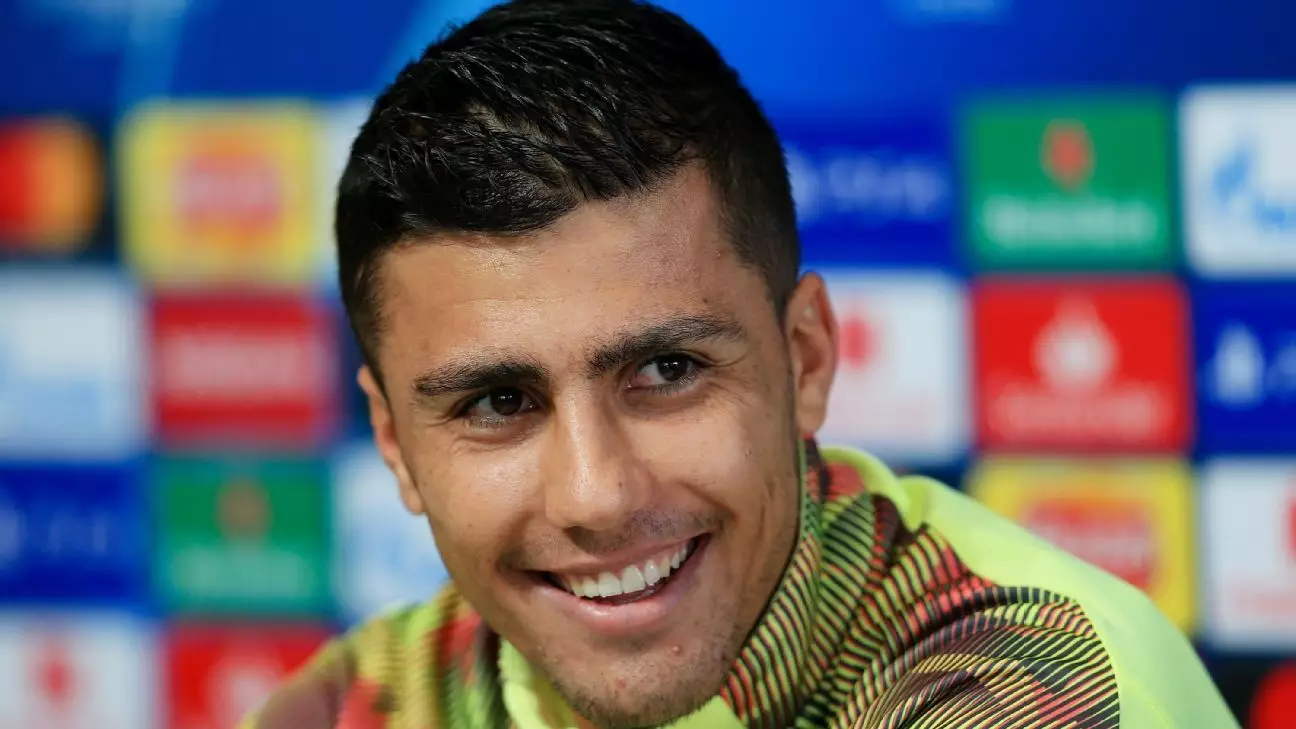The world of professional football is undergoing a seismic shift, one that could have far-reaching implications for players, clubs, and the broader landscape of the sport itself. As discussed recently, the Professional Footballers Association (PFA) has taken a firm stance in addressing the pressing issue of fixture congestion, which threatens to overwhelm athletes. The situation has escalated to the point where players are contemplating drastic measures, such as going on strike, to voice their concerns and demand change.
Fixture congestion has become a prominent topic of discussion within the football community, with players like Manchester City’s Rodri expressing their frustrations over an increasingly burdensome schedule. After an exhausting season that saw him participate in 63 matches for both club and country, Rodri is now facing an even more grueling calendar due to the expansion of tournaments such as the Champions League and the impending Club World Cup. The sheer number of matches raises serious questions about player welfare and the sustainability of the current system.
PFA president Maheta Molango’s declaration that legal action is forthcoming against FIFA highlights the urgency of the situation. Players are no longer merely passive participants in the sport; they are beginning to assert themselves as vital stakeholders concerned about their health and efficiency. As Molango aptly states, the overwhelming demands of the schedule have transitioned from a potential future dilemma to a pressing reality that requires immediate attention.
Concerns regarding the growing fixture congestion are echoed by prominent figures in football. For example, Real Madrid’s coach Carlo Ancelotti has raised alarm bells, positing that the frequency of matches directly correlates with an increase in player injuries. His observations shed light on a critical issue that transcends just player discomfort; it affects the quality of the game itself. The narrative that excessive workload can lead to diminished performance during key competitions is gaining traction, as both players and coaches find common ground in their frustrations.
Additionally, David Aganzo, president of the Spanish Players’ Union (AFE), has positioned himself firmly behind the players’ right to strike if negotiations with FIFA and UEFA fail. His words reinforce the notion that dialogue has not only faltered but may now be insufficient in addressing the grievances of those on the field. Each passing day that the governance bodies neglect to address this issue exacerbates players’ stress and dissatisfaction, pushing them closer to the brink of taking more direct action.
The voice of the player has never been more pronounced, with numerous athletes candidly discussing the burdens of their schedules. The likes of Erling Haaland have highlighted how fatigue affects performance levels, stating that it’s challenging to maintain high standards when juggling over 70 matches annually. The mental and physical toll is undeniable, impacting not only individual players but also team dynamics and overall competitiveness in leagues.
The calls for dialogue and reform are not limited to just players and union representatives; they have also drawn the attention of industry leaders. LaLiga president Javier Tebas has lent his support to the idea of a strike, emphasizing that the status quo is unsustainable. He notes that the upcoming Club World Cup will further add to an already congested calendar and expresses concern over the long-term implications for leagues operating with larger squads. His insight illustrates the interconnectedness of player welfare and the health of the entire football economy.
The growing discontent among players offers a lens through which we can foresee significant changes in how football operates. As the PFA prepares to take legal action, it highlights a movement within the sport that seeks to balance commercial interests with player welfare. Football is a multi-billion dollar industry, but it is essential that the well-being of the athletes at its core is prioritized.
The collective voices from players, coaches, union representatives, and league officials signify an awakening within the football community. A systemic review of the scheduling practices is not just desirable; it is necessary for a future where the players can perform at their best without compromising their health. As the situation unfolds, the relationships between governing bodies, clubs, and players will dictate the course of professional football for years to come. The time for reform is now, and the attention must shift from profit margins to the people who make the sport what it is.

